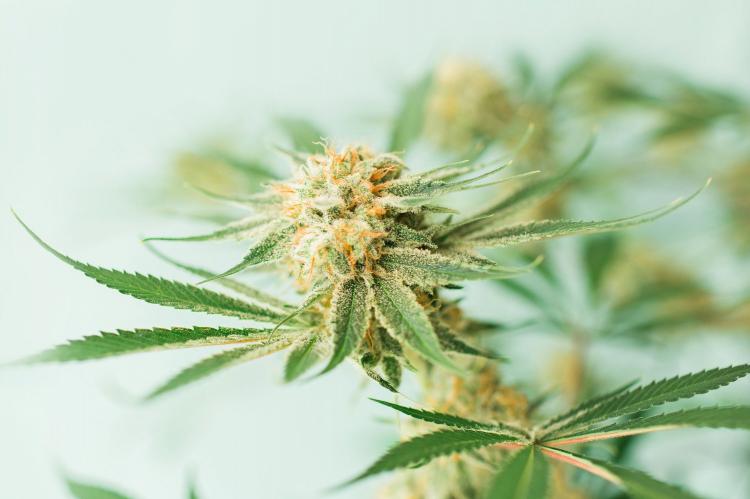What to Know About the MORE Act, the Bill That Would Deschedule Cannabis
And why legalization advocates are so excited about it.
In a historic move, the House of Representatives is set to vote this month on the Marijuana Opportunity Reinvestment and Expungement (MORE) Act, Politico reports. The bill would deschedule cannabis (marijuana), and therefore decriminalize it at the federal level. Unfortunately, the bill doesn't have the best chances of making it through Congress due to Republican opposition in the Senate. But the fact that it has made it this far—and that it will actually be voted on—is a big deal.
Thanks to the Controlled Substances Act of 1970, drugs in the U.S. are classified by “schedules” based on their potential for abuse, how much we know about their effects, and any medical value they have, the Drug Enforcement Agency explains. Currently cannabis is in Schedule I, the most restrictive classification, meaning that the government believes it has a high potential for abuse and no medical value.
The original decision to put cannabis in Schedule I was steeped in racism and xenophobia far more than scientific evidence. And, based on what we've learned about cannabis and its potential medical uses in the past several decades, we know that's not necessarily an accurate assessment of the evidence. But the current scheduling still causes harm, especially for Black and brown people, and restricts the amount of research we can do with cannabis. So advocates have been working toward descheduling cannabis—which would put it in a less restrictive schedule or remove it from scheduling entirely—for a long time now.
The MORE Act, which was sponsored in the Senate by vice presidential candidate Kamala Harris, would remove cannabis from scheduling and, well, more. The bill would also take some measures to address the harms that cannabis prohibition has caused. It would expunge and seal previous nonviolent federal cannabis-related arrests and convictions for those who are not currently serving their sentences. Those who are currently serving sentences for federal cannabis arrests or convictions would have the opportunity to have their sentences reviewed and, possibly, have their records expunged and sentences vacated.
It would also create a community reinvestment grant program that would fund job training, health education, youth mentoring programs, and legal aid “for individuals most adversely impacted” by the war on drugs. Additionally, the bill would establish a cannabis justice office to ensure the implementation of those programs.
Descheduling cannabis at the federal level would effectively decriminalize it across the country, but individual states would still have the power to legalize it (or not) on their own. Passing this bill would not mean that weed would suddenly become legal everywhere, but it does mean that those states that have legalized cannabis for medical or recreational (adult) use don't have to worry about the federal government interfering with their legal cannabis practices.
“Passage of the MORE Act is essential in order to truly right the wrongs of federal marijuana criminalization, and to once and for all allow the majority of states that have legalized cannabis for either medical or adult-use to embrace these policies free from the threat of undue federal prosecution or interference,” Paul Armentano, deputy director of NORML, said in a statement.
Although the MORE Act may never become law, it shows just how much public and political opinion has changed on the subject of cannabis legalization—and marks an important step forward in addressing the past and ongoing harms of the war on drugs, which continue to disproportionately affect communities of color.
“We believe that the responsible regulation and control of marijuana will be more beneficial to society and the public’s health than prohibiting and criminalizing it,” reads an open letter organized by the Drug Policy Alliance (DPA) and signed by 16 organizations and more than 100 individuals, including epidemiologists and public health experts.
“What makes the MORE Act absolutely essential is that it will help communities avoid the very real harms they face daily due to the criminalization and enforcement of our marijuana laws—particularly Black, Latinx, Indigenous, and low-income communities," Danielle Ompad, Ph.D., associate dean for education and associate professor of epidemiology at the NYU School of Global Public Health, who also signed the DPA letter, said in a statement. “Federal prohibition is an utter failure, and has only served to worsen public and community health. We have waited far too long and it is essential that Congress act now.”
- Log in to post comments

